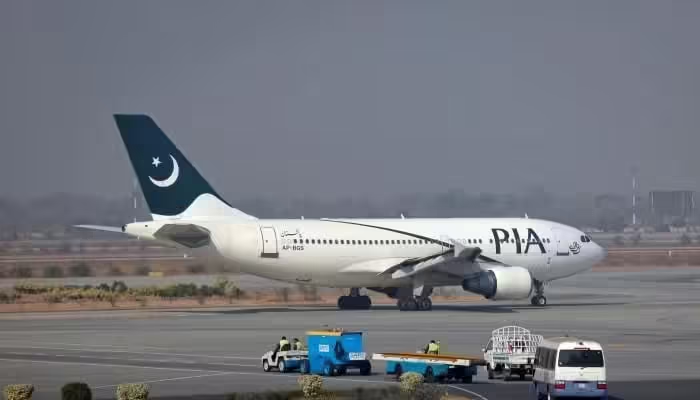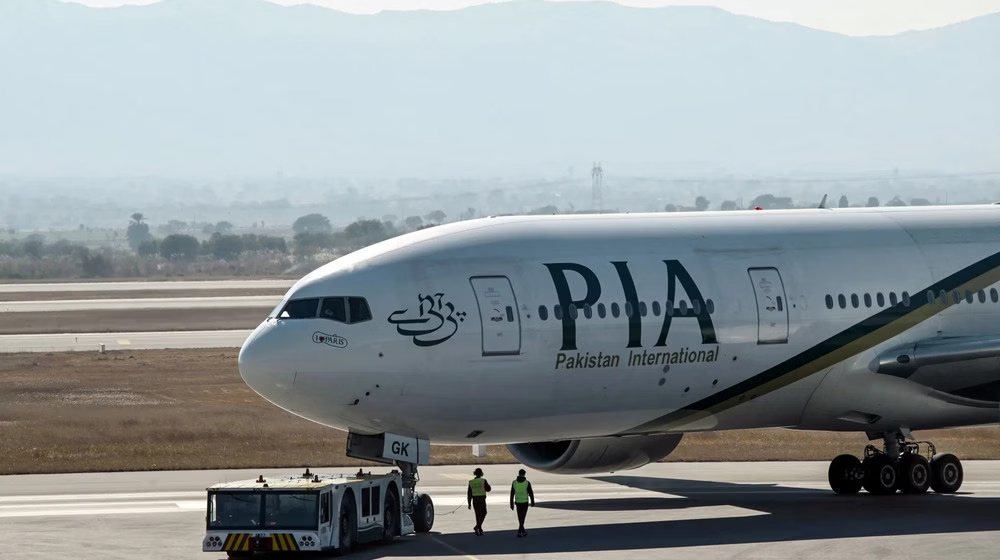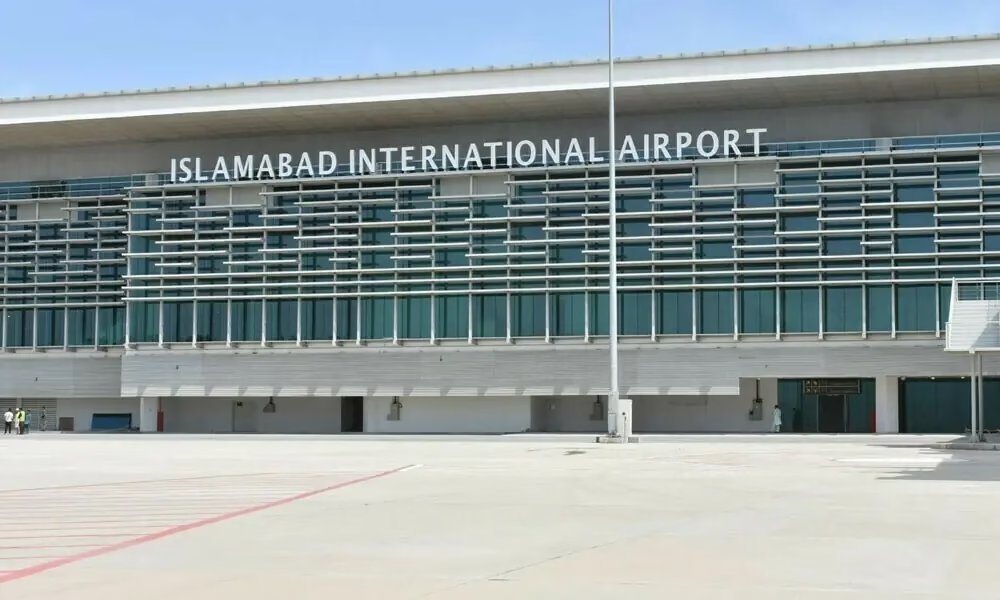The privatisation process of Pakistan International Airlines (PIA), a long-struggling state-owned enterprise, is facing a critical deadline of October 1, 2024. This deadline was reiterated by officials during a meeting of the Senate Standing Committee on Privatisation held on Thursday. The process, which is now in its final phase, comes after years of financial instability and government intervention aimed at keeping the airline afloat.
For years, the government of Pakistan has poured billions of dollars into loss-making state-owned enterprises (SOEs), with PIA being one of the most prominent examples. The national carrier, once a symbol of national pride, has been plagued by financial mismanagement, operational inefficiencies, and mounting debts. The decision to privatize PIA was solidified in June 2023, when Pakistan entered into an agreement with the International Monetary Fund (IMF) for a $3 billion bailout package. As part of the agreement, Pakistan committed to overhauling and privatising several loss-making SOEs, including PIA.
During the Senate Standing Committee meeting, Privatisation Commission Secretary Usman Bajwa emphasized the urgency of completing the privatisation process within the stipulated timeframe. He noted that they are making every effort to avoid extending the process beyond October 1, but acknowledged that the timeline could be impacted by the “due diligence” process required by the interested bidders.
As of now, six companies have been shortlisted for the bidding process. However, Bajwa warned that if the due diligence process is not completed in time, an extension might become necessary. He also highlighted the significant financial burden that the successful bidder will inherit, stating, “Whoever buys PIA will have to immediately invest Rs425 billion for its smooth functioning.” This investment is critical, given that PIA’s financial deficit has now ballooned to Rs500 billion.
The government had already granted a two-month extension to the due diligence period, which now concludes on October 1, 2024. This extension was granted in response to requests from the bidding companies, with some seeking additional time ranging from 60 days to six months. The extension also includes a proposal by the Privatisation Commission that the winning bidder should retain the existing employees for up to three years, ensuring some level of job security during the transition.
The financial woes of PIA are staggering. Since February 2015, the airline has accumulated losses totaling Rs599 billion (approximately US$3.34 billion). The last fiscal year alone accounted for a deficit of Rs75-80 billion. These figures were presented by Jawad Paul, Secretary of the Privatisation Division, during a briefing to the National Assembly’s Standing Committee on Privatisation. Paul also noted that four out of the six interested bidders had requested extensions, prompting the government to agree on the two-month delay.
In preparation for the final bidding process, pre-qualified bidders have already conducted site visits to PIA’s facilities in Karachi in late June. These visits were followed by a series of pre-bid meetings in July and August, aimed at ensuring transparency and clarity in the process. The final bidding, which is expected to be live-streamed, will follow the completion of the due diligence. Once this process is completed, the government plans to finalise the bidding documents and seek necessary approvals from the Cabinet Committee on Privatisation (CCoP) and the federal cabinet before the final contract is signed and awarded.
During the same Senate committee meeting, concerns were raised about the financial costs associated with the privatisation process. It was revealed that the financial adviser, hired to develop the privatisation plan, had been paid significant sums of money despite delays in the process. Specifically, the adviser was paid Rs330 million and Rs130 million for the privatisation efforts related to the National Power Park Company and Pakistan Steel Mills, respectively, even though both processes were halted. Additionally, Rs7 million was paid to the adviser for work on the privatisation of the Jinnah Convention Centre, which was also suspended.
The revelations sparked concern among the committee members, highlighting the financial strain that the privatisation process itself has placed on the government’s resources. The decision to delist certain assets from the privatisation process, such as the Haveli Bahadur Shah and Balloki power plants, further complicates the financial landscape surrounding these efforts.
As the October 1 deadline approaches, all eyes will be on the government’s ability to navigate the complex and financially burdensome process of privatising PIA. The outcome will not only impact the future of the airline but also set a precedent for the privatisation of other state-owned enterprises in Pakistan.



